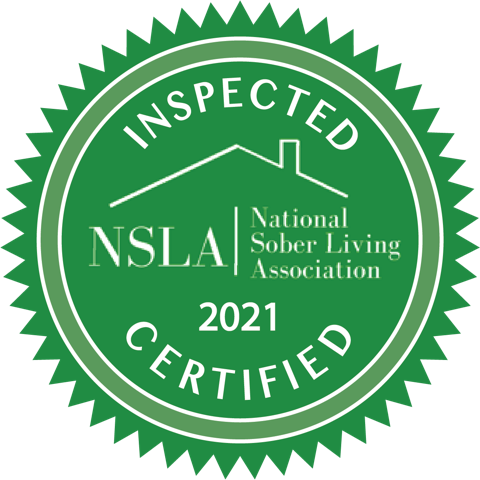There’s more to long-term sobriety than abstaining from addictive substances. If you rely on willpower, “following the rules” or spiritual bypassing (pretending you’re more serene/accepting/positive than you feel), chances are you’re just leaving space for stress to build up and make you more vulnerable to relapse. The healthy alternative is emotional sobriety: learning to acknowledge and deal with your feelings, no matter how painful, illogical or shameful they seem.
Respect the Power of Emotions
An important caveat: achieving emotional sobriety doesn’t mean you have to immediately face up to the full pain of truly traumatic emotions, any more than you should risk the full impact of cold-turkey alcohol withdrawal without medical supervision. A certain level of disengagement from intense emotions is normal and healthy.
Emotional disengagement becomes toxic, however, when confronting a problem is important for progress but someone chooses to deny or ignore the emotions at the root of the problem. Whatever the reasons for such avoidance (e.g., “nice people don’t get angry” guilt, or fear of retribution), it leads to seeking refuge in “easier” coping methods—such as drug use or relapse.
Emotional Sobriety and Knowing Your Limits
Your post-detox treatment should include coaching and peer support, to help you find your ideal pace for moving toward emotional sobriety. While it may be tempting to push for fast results, you may not be ready (especially in the vulnerable early stages of physical sobriety) to deal with the full impact of your strongest emotions. Or, when some emotions are buried deep below the conscious level (which is nearly always the case), uncovering them will be a long process, and demanding instant results will only trigger unnecessary stress. And stress only encourages relapse.
Emotional Sobriety and Mindfulness
If you know anything about mindfulness—the art of reducing stress by allowing yourself to fully experience present reality—you’ve probably guessed that it’s an important component of emotional sobriety. Mindfulness means objectively acknowledging your feelings (including any you think you “shouldn’t” have) as a first step to understanding what legitimate needs lie behind those feelings. Such self-awareness will help you plan effective ways of dealing with your concerns.
Emotional Sobriety and Acceptance
Emotional sobriety also includes the Serenity Prayer goals, beginning with, “serenity to accept the things I cannot change.” Despite how it may sound, this can be entirely compatible with giving vent to anger or grief: acceptance needn’t mean passivity or dishonest optimism. It does mean not wasting emotional energy fighting the unchangeable or wallowing in self-pity.
Hope for the Future
All told, emotional sobriety is vital to long-term physical sobriety because:
- It facilitates self-understanding and self-acceptance.
- It improves decision-making skills by clarifying personal goals and hot buttons.
- It makes it easier to feel in control and believe that change is possible.
- It makes it possible to open up to others, creating stronger relationships and effective sobriety support.
- And, overall, it helps you become the best, most honest version of yourself—which helps you appreciate yourself, take care of yourself and believe you are making a difference. And that attitude is your best defense against addiction relapse!
The Ideal Environment for Emotional Healing
Still Waters provides a beautiful and serene residential location where you’ll find support to get permanently clean from drugs or alcohol. Our 12-Step-based program and strong spiritual community will help you along your journey to lasting emotional sobriety. Contact us today to learn more about our approach.





